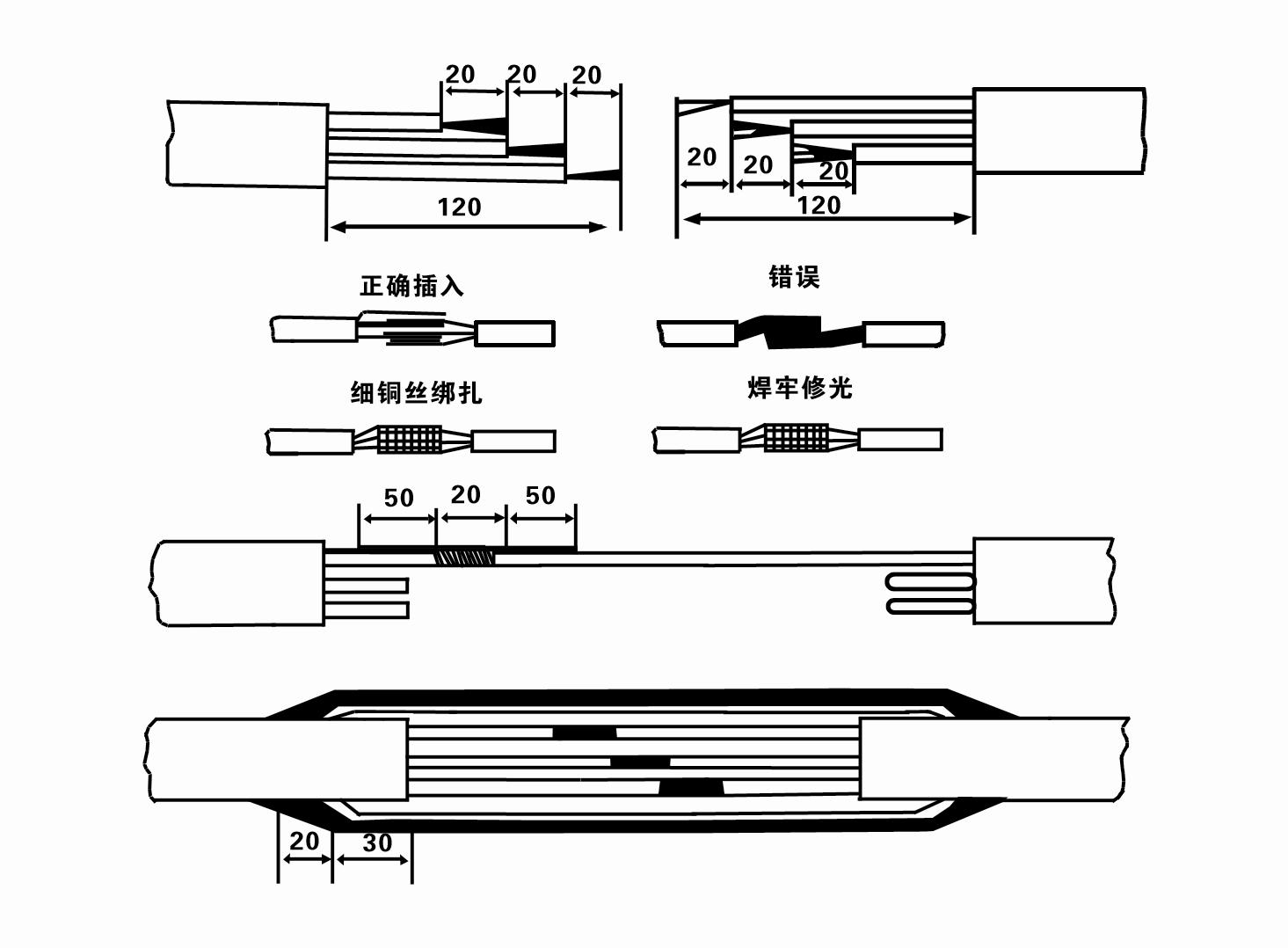Oct . 16, 2024 15:28 Back to list
Comparison of Jet Pumps and Submersible Pumps for Efficient Water Extraction
Jet Pump vs. Submersible Pump A Comprehensive Comparison
When it comes to selecting a pump for water supply or drainage purposes, two common options are jet pumps and submersible pumps. Each type has distinct characteristics, advantages, and limitations, making them suitable for different applications. Understanding the differences between these pumps can help you make an informed decision based on your specific needs.
1. Basic Operation Mechanism
Jet pumps operate by creating a vacuum to draw water into the pump and then using a motorized impeller to inject the fluid under pressure. Typically, jet pumps are located above ground, which is why they often require a priming process to remove air from the system before they can function properly. They work best in shallow wells, usually up to 25 feet deep, where they can efficiently lift water.
Submersible pumps, on the other hand, are designed to be submerged underwater. Equipped with a watertight motor, these pumps use a series of stages to push water to the surface. They are particularly efficient for deeper wells, as they can effectively lift water from depths that would be challenging for jet pumps. The submerged design eliminates the need for priming and is generally more efficient in delivering water.
The efficiency of a pump directly correlates with its performance in various applications. Jet pumps can deliver a good flow rate for shallow wells and are often easier to install due to their surface-level configuration. However, they tend to lose efficiency as the depth of the water source increases, leading to potential problems like cavitation.
Submersible pumps are typically more efficient in deeper applications. Their design allows them to push water rather than pull it, which not only conserves energy but also reduces wear on the pump components. For wells deeper than 25 feet, submersible pumps are usually the preferred choice due to their ability to handle high pressures and maintain consistent flow rates.
jet pump vs submersible pump

3. Installation and Maintenance
The installation process for jet pumps is generally simpler and less expensive. Since they are located above ground, accessing them for maintenance or repair can be more convenient. However, their need for priming and potential limitations in depth can pose challenges in certain situations.
In contrast, submersible pumps require more complex installation since they must be placed inside the well. This usually involves additional costs for labor and equipment. However, once installed, submersible pumps often require less frequent maintenance due to their protected design. They are less exposed to environmental elements and have fewer components that can wear out over time.
4. Cost Considerations
When evaluating cost, jet pumps tend to be less expensive upfront. Their simpler design and installation process contribute to lower initial costs. However, their efficiency drops significantly in deeper applications, which can lead to higher operational costs over time.
Submersible pumps usually have a higher initial investment but tend to offer lower operational costs, especially for deeper well applications. Their durability and efficiency can make them a more economical choice in the long term, particularly in environments where consistent water supply is crucial.
5. Conclusion
In summary, the choice between jet pumps and submersible pumps largely depends on the specific requirements of your water supply system. Jet pumps are suitable for shallow applications with lower initial costs, while submersible pumps excel in deeper wells where efficiency and durability are paramount. Assessing factors such as well depth, installation complexity, maintenance preferences, and long-term costs will guide you toward the pump that best fits your needs. Understanding these differences ensures you select the most efficient and effective solution for your water management challenges.
-
Submersible Water Pump: The Efficient 'Power Pioneer' of the Underwater World
NewsJul.01,2025
-
Submersible Pond Pump: The Hidden Guardian of Water Landscape Ecology
NewsJul.01,2025
-
Stainless Well Pump: A Reliable and Durable Pumping Main Force
NewsJul.01,2025
-
Stainless Steel Submersible Pump: An Efficient and Versatile Tool for Underwater Operations
NewsJul.01,2025
-
Deep Well Submersible Pump: An Efficient 'Sucker' of Groundwater Sources
NewsJul.01,2025
-
Deep Water Well Pump: An Efficient 'Sucker' of Groundwater Sources
NewsJul.01,2025
-
 Submersible Water Pump: The Efficient 'Power Pioneer' of the Underwater WorldIn the field of hydraulic equipment, the Submersible Water Pump has become the core equipment for underwater operations and water resource transportation due to its unique design and excellent performance.Detail
Submersible Water Pump: The Efficient 'Power Pioneer' of the Underwater WorldIn the field of hydraulic equipment, the Submersible Water Pump has become the core equipment for underwater operations and water resource transportation due to its unique design and excellent performance.Detail -
 Submersible Pond Pump: The Hidden Guardian of Water Landscape EcologyIn courtyard landscapes, ecological ponds, and even small-scale water conservancy projects, there is a silent yet indispensable equipment - the Submersible Pond Pump.Detail
Submersible Pond Pump: The Hidden Guardian of Water Landscape EcologyIn courtyard landscapes, ecological ponds, and even small-scale water conservancy projects, there is a silent yet indispensable equipment - the Submersible Pond Pump.Detail -
 Stainless Well Pump: A Reliable and Durable Pumping Main ForceIn the field of water resource transportation, Stainless Well Pump has become the core equipment for various pumping scenarios with its excellent performance and reliable quality.Detail
Stainless Well Pump: A Reliable and Durable Pumping Main ForceIn the field of water resource transportation, Stainless Well Pump has become the core equipment for various pumping scenarios with its excellent performance and reliable quality.Detail
